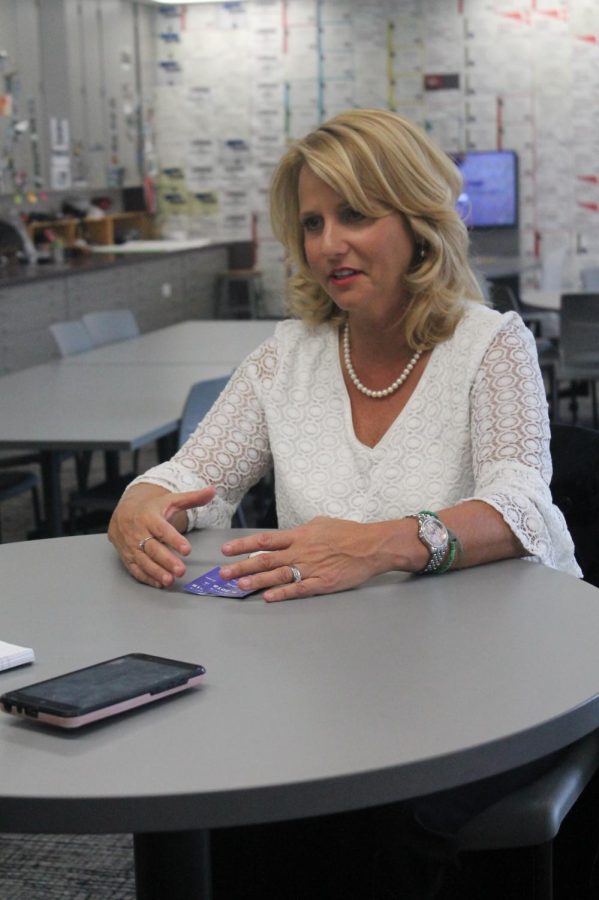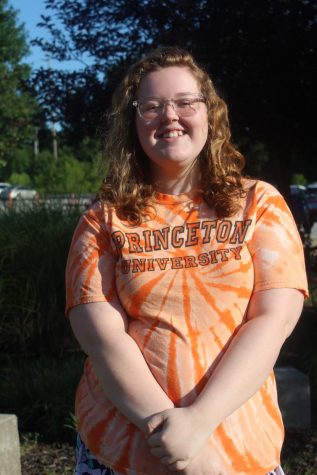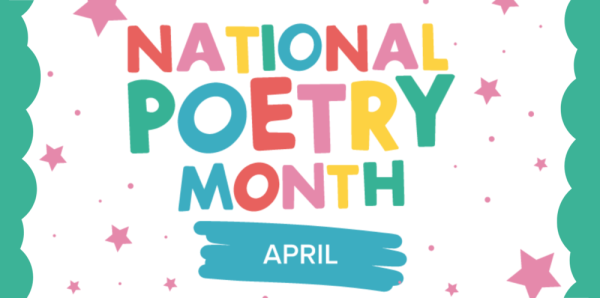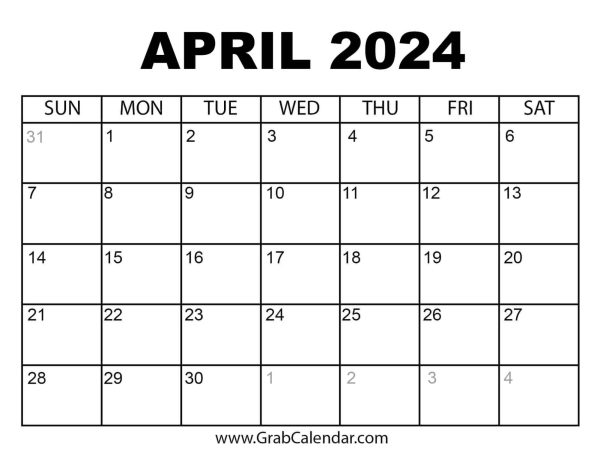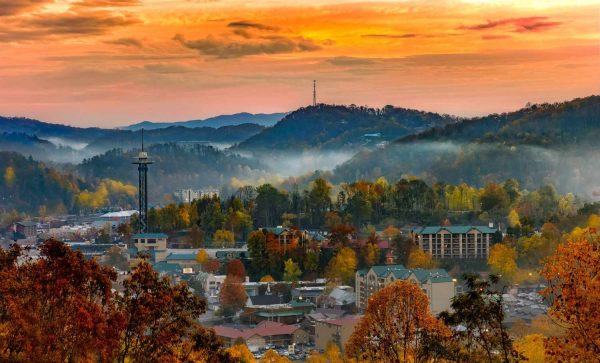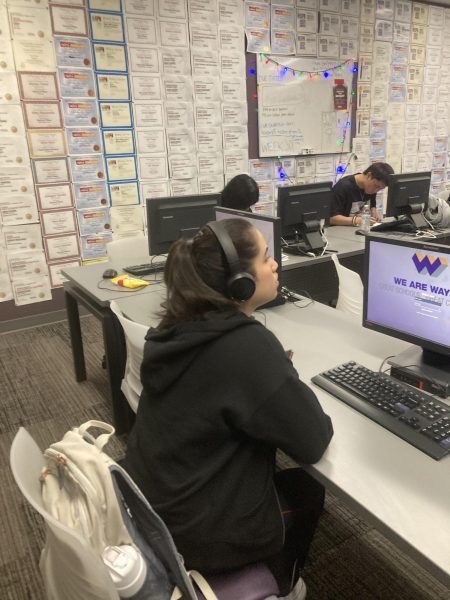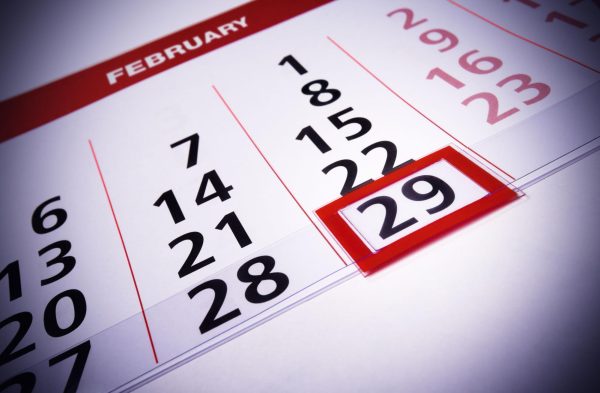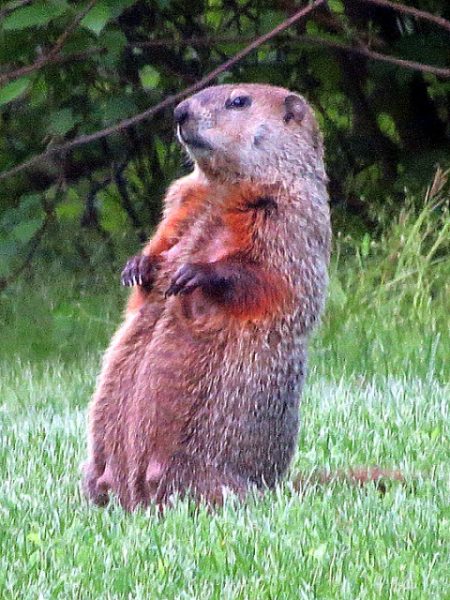Diversity, decisiveness and determination
Inside scoop on the 2018 midterms
November 16, 2018
The 2018 midterm elections were unprecedented when it came to the amount of citizens who voted. About half of eligible Americans made their choices on the ballot, ten percent more than the typical average of 40 percent of voters. What’s sad about this- these numbers haven’t been seen in more than 100 years. It has taken Americans a century to realize that voting in every election is important.
Many people choose not to vote in midterms because they’re unsure of the point. Citizens understand that politics can affect them on a National level but oftentimes they don’t realize how important State or Local level politics can be, and how much they can affect you. Karlee Macer, a member of the Indiana House of Representatives, agrees on how influential midterms are.
“Every election is incredibly important. Every single election. And I think it’s really important for me, as a State representative, to remind people, of the importance of every part of government,” Macer said. “A lot of times people are so invested in the Presidential election which is important but just as equally important is what happens on a State, City, or more local level.
“I think sometimes, now that I know better, those elections touch me so much more that I make sure I know who I’m voting for, because it affects our schools, our laws, our environment. Do you want someone else making decisions for you and your family in your state? Not me.”
This year’s midterm election was groundbreaking for more reasons than voter turnout. It also involved an incredible amount of diversity in elected officials, as well as an insurmountable amount of reported cases of voter suppression.
Do you want someone else making decisions for you and your family in your state? Not me. — Karlee Macer
This year we’ve seen the first gay man be elected to be governor in any US state, the first muslim women to join Congress — one of which who wears a hijab and is Somali-American — the first Native American women elected to Congress, the first Korean American woman, the first bisexual Senator, as well as two of the youngest women to be elected for office.
“Something that’s really important that came out of the elections is that we have several more women elected,” Macer said. “I had already realized that we had five people retiring from our caucus, and out of those five, the women in our caucus beat everyone, so we knew we would have another woman in a seat.
“I’ve been able to support candidates running for office- two of them are women, and what was really neat was it allowed me to look at something in the gloomiest of times and know that we would have more women sitting at the table. When we support women, we support everyone. It’s such a bigger deal than many other things. For me, to have on the National level, more than one hundred women added, that is so important because of what knowledge we have. It’s not about gender.”
Considering we have so many diverse people elected to office this year, many would assume that there was diversity in those who voted as well. Although there definitely many people voting from every ethnic or racial group eligible in the USA, a striking reality is the existence of voter suppression in modern times. Voter suppression is any action or inaction which influences an election to prevent certain groups of people from voting. There’s many ways it can manifest, and Macer knows a couple ways she’s seen it occuring.
“Growing up in this community, I just remember thinking how strange it was that there was early voting in other counties, particularly counties surrounding us and we were the largest county in the city, so that really piqued my interest in politics,” said Macer, a BD almunus.. “I just thought, that doesn’t seem right. There certainly has been voter suppression over the years. What’s interesting is what some of my seniors have brought up to me as voter suppression- all of the ads. They feel it makes them so frustrated they don’t want to be involved at all. It was just interesting to have 85 year-olds say they don’t feel engaged because of how annoying the ads were and ask if that was a form of voter suppression,” Macer said.
In the United States, only 37 states offer in-person early voting to its citizens. Many people take advantage of mail, absentee, and early voting because actual polling days can be full of bad management of the polls and lines that take up more time than a person’s work has allotted them to vote. This year, we’ve seen a large scale look of how even during early voting, politics will attempt voter suppression.
Many polling stations reported on recent have revealed that the government supplied not only ill-equipped staff, but also equipment. In one viral example, a poll with thousands of people expected to vote on election day only had three ballot machines available. At other polling locations, ballots ran out and many people actually were turned away from voting despite their right to stay in line until the poll workers can figure out how to let them vote. And even more aweing- in Georgia, hundreds of absentee votes- many from people of color- were tossed out on minor, nearly unimportant differences between names or information on birth certificates compared to polling sheets.
Even considering the detriments voter suppression has on our society, one slightly more important problem has arisen this election. People are so split when it comes to parties that we might be making bad decisions simply to remain to our own idealism.
“Our democrat areas just became more democrat and our republican areas just became more republican,” Macer said. “As someone who really likes getting things accomplished, I realize that might make my job a little more difficult. It feels like there’s even more of a divide, it didn’t bring people together. That’s really what we need- on a National, State, or local level- we need a balance to work together. I think the numbers showed that there really is a divide.”
Despite all of the negative factors of American politics we’ve seen during this election, Macer hopes to keep all of us positive and excited to vote in the future. In the end, it’s our voices which make the future choices, so we need to make sure we put ours out there.
“Voting is exciting,” Macer said. “And I want young people to feel that way. It’s exciting because we know we could swing any election. [If you want to have an informed choice] go to forums, meet and greets, get to know the person not just a party. Facebook, instagram- try to have a conversation. Being a politician is about being a public servant, the door should always be open for you whether it be meeting for coffee or just calling them.”
Looking forward to future elections, we have a lot to be hopeful for. As more and more eligible Americans turnout for elections, the entire country will be able to have its voice heard and stop any corrupt problems plaguing people’s abilities to vote today. Macer has another interesting perspective for the future of young people today.
“I have a niece who dressed up one day and she said she looked like me, a businesswoman. It just makes me happy to think that even if she doesn’t understand now, she’ll get to learn in the future of what I’ve actually done. Women and girls growing up won’t be the first women to do anything — they’ll grow up knowing they’re capable,” Macer said.


